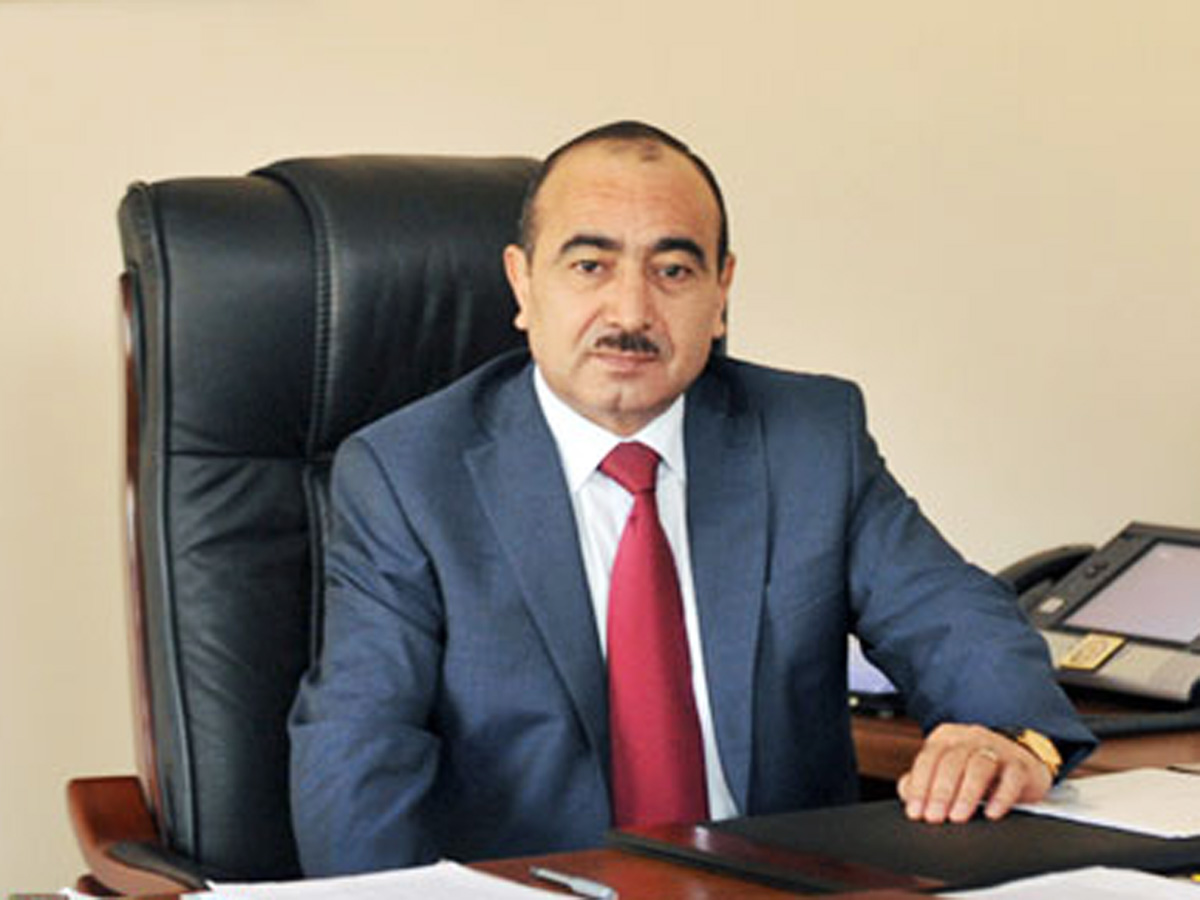Baku, Azerbaijan, Nov. 2
By Elchin Mehdiyev – Trend:
The Tehran declaration signed November 1 by the presidents of Azerbaijan, Iran and Russia and their statements as a whole can be characterized as the attitude of the Azerbaijan-Iran-Russia trilateral format and the countries of this format towards the regional and global developments, Ali Hasanov, Azerbaijani president’s aide for public and political affairs, told Trend.
He noted that regional conflicts are the main obstacles to ensuring peace.
“The conflicts in the Middle East – in Syria and Iraq, the conflicts in the South Caucasus, including the Armenia-Azerbaijan Nagorno-Karabakh conflict and other conflicts are commonly treated at international level as obstacles to sustainable peace and security,” Hasanov said.
“Norms of international law should be applied to solve such difficult issues. All of this was voiced at the presidents’ Tehran meeting.”
“Naturally, the Azerbaijani side noted at the meeting that Armenia has occupied Azerbaijani lands, thus putting itself into a state of isolation,” said Hasanov. “It was noted that the conflict poses a serious threat to peace and security in the South Caucasus and, generally, in the Caspian and Black seas’ basin.”
He said Armenia’s abandoning its aggressive policy and withdrawing from occupied Azerbaijani territories were voiced as important at the meeting for future cooperation in energy sector, transportation, and security.
Hasanov added that the Tehran declaration reflected the cooperation in the economic and social spheres, transportation, energy sector, and other issues.






